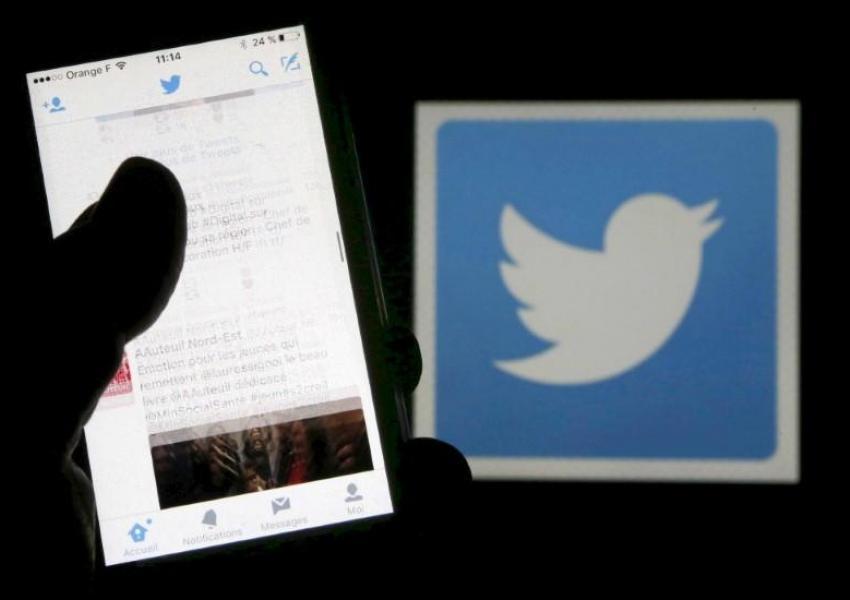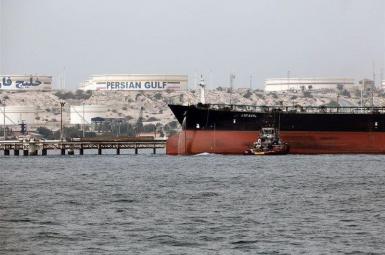
The Parliament and the Judiciary’s Feet on Media’s Neck: Do not expose!
Last week, the Iranian judiciary was preparing to celebrate its yearly ‘Judiciary Week’, but their propaganda was marred by the suspicious death of an Iranian judge at the beginning of the week. After the news of his corruption and human rights abuses both inside and outside Iran came to light in the media, Judge Mansouri was found dead in his hotel in Romania.
On a television program, Mohammad Jafar Montazeri, the Attorney General, made a statement regarding the media and cyberspace on the first day of this week: "In case you have information about the corruption of a State’s organs, let us know directly instead of publishing it online. Of course, these reports have to be justified but rest assured that we will follow up on them. If you want results, you have to go to the judiciary." This means that journalists and the public can only report corruption in written form to the judiciary and, therefore, exposing it online in the media will be considered a felony and prosecuted on account of disturbing public order and opposition to the regime.
Leaving aside the numerous corruption cases of Iranian judges, law enforcement officers, and judicial staff, the 41 years of the Islamic Republic have proven that informing officials about institutional corruption can have serious consequences for the whistleblower, especially if officials are informed before the public and the media.
Of course, we should bear in mind that even whistleblowers themselves are divided into two categories of insiders and outsiders. Some whistleblowers, such as Alireza Zakani, who is himself an insider and a supporter of the regime, in a debate with Mostafa Tajzadeh, revealed cases of corruption in the judiciary system and the name of Akbar Tabari came up. But Zakani remained unharmed because feuds are a part of the rules of the game and such disclosures are nothing but settling political accounts. The other group of whistleblowers is journalists and media activists who pay the price of their actions by imprisonment, torture of themselves or their families, or being forced to flee the country.
Interestingly, both groups of whistleblowers have only succeeded when they exposed corruption cases in the media and cyberspace. Otherwise, experience has shown that informing the officials, who tend to be on the same side of the corruption case, guarantees no safety for the whistleblower, and the officials do not feel obliged to follow up on the corruption case.
Indeed, in totalitarian regimes such as the Islamic Republic of Iran, public disclosure of corruption can implicitly and to some extent, guarantee the security of the whistleblower. In addition, even if they are imprisoned, their aim and mission have been accomplished, and free individuals and media outlets abroad can help raise domestic and international public awareness and push for pursuing the issue.
How can the Attorney General not know that the mafia networks of financial and administrative corruption in Iran are spreading day by day as a result of the media’s lack of freedom and constant threat to journalists? Of course, he knows; nonetheless, media restrictions have made it possible for him and his son to pursue their activities and involvement in corruption scandals, an example of which is their involvement in Asadbeigi's case in Haft Tappe Sugar Cane company.
Secrecy and the fear of disseminating information in the media and public space are the greatest features of closed political systems. That is exactly why the media is considered the fifth pillar of democracy, as, without free media, democracy makes no sense.
Corruption among the officials of the Islamic Republic of Iran is the result of family relations and the establishment of a system of nepotism (kinship). Sometimes, and for various reasons, the same members of a family expose a part of corruption. But officials' emphasis on not covering corruption in the media, especially when these officials are in charge of justice and investigating large-scale corruption, shows that although there is the harsh and vindictive treatment of journalists and whistleblowers, officials are afraid of media coverage of corruption because they feel that public awareness and pressure push them closer to their doom. Today's interactive media in cyberspace are no longer the one-sided media of 1979 that used media propaganda to steer people's emotions and exploit public ignorance to show the Shah as a dictator and Khomeini as the savior of humanity.
In this regard, and in the direction of creating a circle of impunity for those officials involved in corruption, the 11th parliament has also started its activities simultaneously in attacking cyberspace. A day after the Attorney General's remarks threatening journalists and the public about exposing corruption, Mohammad Baqer Qalibaf, the new speaker of the Parliament and one of the most prominent figures whose corruption had previously been reported in the media, emphasized the urgency of restricting cyberspace.
With the censorship of the media in Iran, cyberspace is the only way for people to raise awareness about rampant corruption in Iran. But it appears that the new parliament, together with the judiciary, wants to stand against this modicum of freedom with all its might. In the speeches of the new members of Parliament, there is a wave of anger and fear of the cyberspace, especially in a situation where the Iranian people are facing all kinds of problems, from the coronavirus to the rise and fall of the value of their currency. Of course, if we consider the executive files and records of these representatives in cyberspace, we can easily understand the reason behind their fear and resentment. MP Mohsen Dehnavi, an active member of the Basij, has been active in many movements against the Iranian people.
Two years ago, using government recommendations and rents and under the guise of work and research, he traveled to the United States along with his wife and three children on a G1 visa. This was in spite of the fact that in recent years it has been difficult for an ordinary Iranian to obtain a work or even study visa. But his online records caught up with him as soon as he arrived in the United States; he was prevented from leaving the airport and was sent back to Iran. Today, he and other like-minded people in the Basij at different universities in the country, entered the parliament thanks to the people’s boycott of ballot boxes, and from the very first day, they have sought to destroy the source of public awareness, namely the cyberspace and media.
Hassan Norouzi, a representative of Robat Karim City, also believes that "the 11th parliament should seriously pursue the filtering of Instagram because these media weaken and harm the regime." Finally, it should be said that for the officials in the judiciary and the legislature, eliminating the cause of revealing corruption, namely cyberspace, is the only way of combatting corruption in the Islamic Republic. In their view, this is the easiest and fastest possible way to continue governing and hypnotizing public opinion. It should be noted that cyberspace is considered the most serious threat to the survival of the Islamic Republic, so much so that limiting this space is a priority for the regime in a situation where the country is facing various cultural, economic, and political problems.









